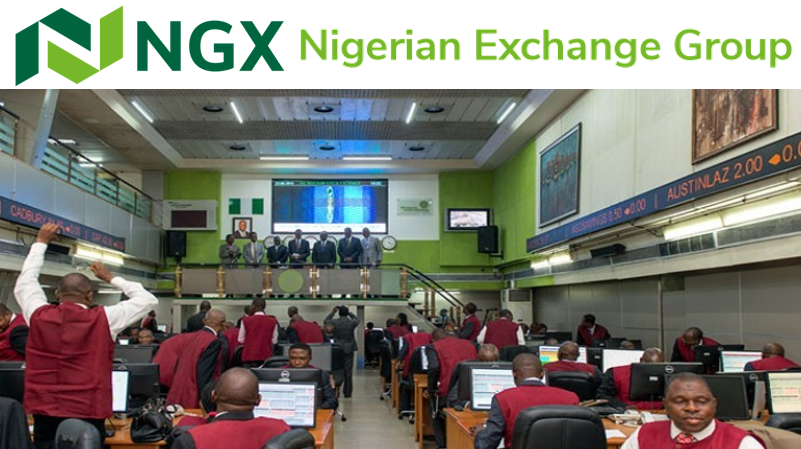Some of Nigeria’s leading companies incurred a combined forex loss of N1.8 trillion in the financial year 2023.
This is according to information contained in the financial statements of these companies and collated by Nairametrics.
The size and magnitude of the loss were so significant that it effectively wiped out the shareholder funds of some companies, forcing mega restructuring for others.
The staggering losses were triggered by the devaluation of the naira following the Tinubu administration’s forex unification policy launched in June 2023.
Following a series of devaluation the naira closed the year at an official exchange rate of N907.11/$1 compared to N461.5/$1 at the start of the year.
This led to massive foreign currency losses incurred by most Nigerian businesses with dollar denominated obligations when translated in local currency.
Forex losses wiped out trillions in shareholder funds.
According to the data seen by Nairametrics, the losses cut across several sectors such as consumer goods, telecommunications, and cement production.
- Companies affected included heavyweights such as MTN (Nigeria’s largest telecommunications firm), Dangote Cement (Nigeria’s largest cement manufacturer), Nigerian Breweries (Nigeria’s largest brewer), and BUA Foods (Nigeria’s largest indigenous food manufacturing company).
- Foreign-owned conglomerates such as Nestlé, Cadbury, International Breweries, and Lafarge Africa were also badly affected by the forex losses.
- In total, Nairametrics collated losses from about 10 of the largest companies, with the forex losses decimating their operating profits.
MTN Nigeria topped the list with a combined forex loss of about N740.7 billion, representing 39.7% of the total forex losses incurred by the companies under review.
- Dangote Group’s cement and sugar divisions incurred a combined N336.2 billion, the largest of any conglomerate.
- BUA Group, which owns BUA Cement and BUA Foods, incurred a combined loss of N151.8 billion, reducing the group’s overall profitability.
- Nigerian Breweries and Nestlé also join the list of heavily impacted companies, with N153.3 billion and N195 billion, respectively.
Why did they incur the losses?
A cursory review of the financial statements of the companies under review suggests the losses stemmed from the forex loans carried by the companies over the years.
- For some, the losses emanate from forex obligations in the ordinary course of their business operations.
- We also observed that some of the companies incurred the losses from intercompany loans denominated in dollars that were obtained at the start of the forex crisis in 2021.
- Some of the companies resorted to their parent companies for related-party loans to help fund raw material inputs as the Emefiele-led central bank enforced capital controls.
- Seen as a lifeline, the intercompany loans turned out to be a financial weapon of forex losses as the unification of the naira devalued it by over 50% against the US dollar.
- For example, Nigerian Breweries reported that it obtained a forex loan in the naira equivalent of N63 billion, out of which the forex impact was N21.89 billion.
- Nestlé had a balance of $443.5 million in intercompany loans which, when translated at a 2023 closing exchange rate of N907/$1, left the food manufacturer with an exchange rate loss of over N173 billion.


